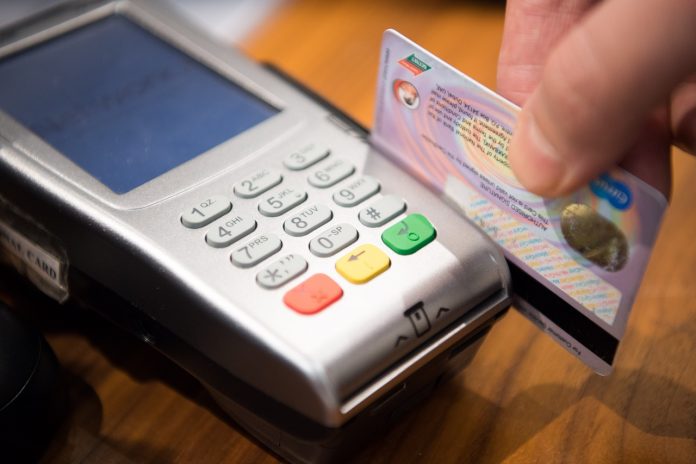Choosing a payment processing company is one of the most important decisions a business can make. When businesses choose a subpar payment processing company, or worse, a company that is not run above-board, they expose themselves to significant financial risk. PCIHIPAA explains how to choose a payment processing company, keeping all of the different variables in mind.
What is a Payment Processing Company?
A payment processing company is your link to the banks and credit card companies. To accept payments in any form other than cash, companies must use a payment processor. There are traditional payment processors which operate by charging a monthly fee and newer companies like Square and PayPal which charge a percentage of each transaction.
Payment processors need to be trustworthy. A business cannot operate without accepting payments and choosing a payment processing company is a crucial part of planning your business.
Fees for the Service
Some processors charge a flat monthly fee while others take a percentage of each payment. Generally, processors will turn to a monthly fee when a company has hit a certain monetary threshold of transactions. For companies selling goods and providing services, payment processors are equally important.
Refrain from choosing the cheapest company simply because of the price tag. Choosing a low-cost company may mean less reliability. If your company experiences issues, you may not be able to resolve them using a low-cost merchant processor. Finding reviews of each provider, such as these PCIHIPAA reviews will help your business choose the right payment processor.
Assemble the pros and cons of each processor before signing a contract. When choosing a payment processor, consider the price but also consider each of the criteria in this article with equal weight.
Make Sure They Follow Legal Requirements
FDIC regulations state that all payment processors need to be able to absorb credit card transaction risks. Compliance with these requirements is not voluntary. If a processor does not fulfill its obligations under the law, the company contracting with them could be exposed to severe risks to its reputation and its finances alike.
PCI Compliance
It is vital that payment card industry (PCI) compliance be maintained. Security standards will protect the merchant, the processing company, the credit cards and banks. When payment processors do not follow PCI compliance, they could be setting a business up for failure. When PCI compliance is not met, fraud is also possible.
Encryption
Payment processors need to have encrypted transactions. Point-to-point (P2P) encryption is the gold standard. Hacking can result in a loss of reputation and a significant financial hit. Many customers are aware of PCI problems which cause a company to lose face, and they will avoid patronizing that merchant in the future. In the event of payment information being intercepted, it may take years for a company’s reputation to recover, if it recovers at all.
Chip Cards and Smartphone Systems
Two recent developments in the world of point-of-sale transactions are the rise of chip cards and the mobile wallet. It is crucial that merchants’ credit card acceptance machines be compatible with the chip card, which provides an extra layer of protection for the merchant and the customer alike.
Smartphone-based payment systems are a convenience for the customer and can increase the security of your payment processing. Apple Pay and Samsung Pay do not impose any extra fees on the merchant.
Special Cautions for Medical Offices
Medical offices need to be especially careful to protect their payment information as well as their patient’s PHI (Protected Health Information) data. When PHI data is exposed, medical offices can be subject to expensive lawsuits and fines. Pay extra attention to this detail when looking up reviews like the earlier PCIHIPAA reviews. This will help medical and dental offices choose the right payment and HIPAA compliance program.
Choosing the Right Processor for You
These criteria will help your business choose the right payment processing company for your needs. Pay special attention to security, compliance, and cost of your payment processing service, but do not automatically choose the cheapest service. The right balance of necessary services will help your company accept payments and thrive in today’s competitive environment.
Find a Home-Based Business to Start-Up >>> Hundreds of Business Listings.

















































